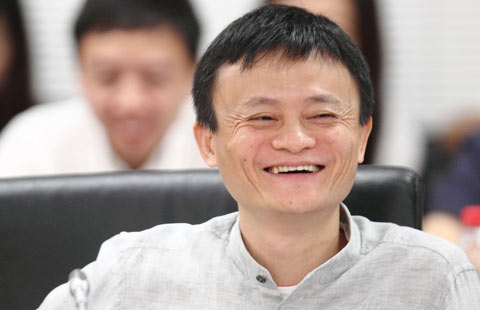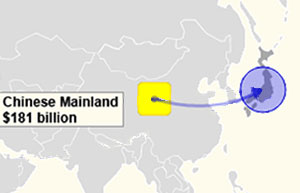Blending Confucius with Aristotle
By Cecily Liu (China Daily) Updated: 2014-06-30 07:02The team named the initiative 88, as eight is considered lucky in Chinese culture, and is the number of Judge's apartment in central London next to the Thames.
|
 |
 |
"We set up the 88 initiative to help Chinese people meet investors or entrepreneurs in the UK and get the exchanges going," Judge says.
"A lot of Chinese entrepreneurs buy companies here in the UK with the intention of taking them back to China. They can take the brand names to China, and extend them geographically."
He cites two high-profile examples: the UK luxury menswear company Gieves & Hawkes, which the Hong Kong property developer and garment manufacturer USL Holdings Ltd bought in 2012, and the UK department store House of Fraser, which Sanpower Group of China bought this year.
Judge says relationships, or guanxi as the Chinese call them, are important in China's modern society partly because the country's legal system is not yet as robust as those in Western economies, meaning business partners will try everything to avoid court resolutions to their problems.
"The courts in China are very slow when it comes to processes, so it is more important to know the person than it is probably in the West. In the West we have a strong legal system. No matter which contract you are signing, it is all detailed, everybody understands what is going on, and it is less likely to have a problem. But if there is a problem, you can go to court."
One example is buying a house, and in the West the buyer often does not meet the seller. After viewing the house with an agent and signing the legal document, the deal is done, Judge says.
Of course it is good to build trust and relationships, but in Western business that is seen as a bonus rather than a necessity.
"You do need trust, but the contract is the key in the West," Judge says. "In China you often do not have a contract, or it is verbal, based on promises."
But the lack of a robust legal framework is not the only reason for guanxi, he says. Rather, the importance of human relationships and understanding has been ingrained in Chinese culture since ancient times, signified by the teachings of Confucius.
The Confucian way of thinking examines in great detail human relationships, with the emperor and parents at the top and citizens and children as secondary, whereas Western philosophers such as Aristotle are much keener observers of nature, Judge says.
- Beijing-Shanghai high-speed railway sees 220m trips
- China aims big market in summer tourism
- Blending Confucius with Aristotle
- Lock-up shares eligible for trade surge
- China, Russia trade volume rises 1.8% in 5 months
- Suzhou takes the right path for growth
- China signs RMB business MoUs with Luxembourg, France
- Singapore model sets global standard

















